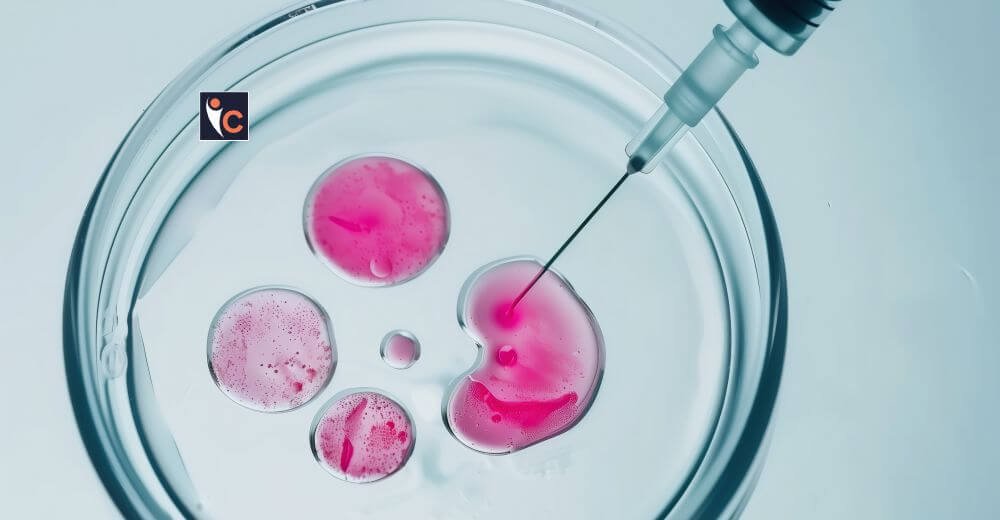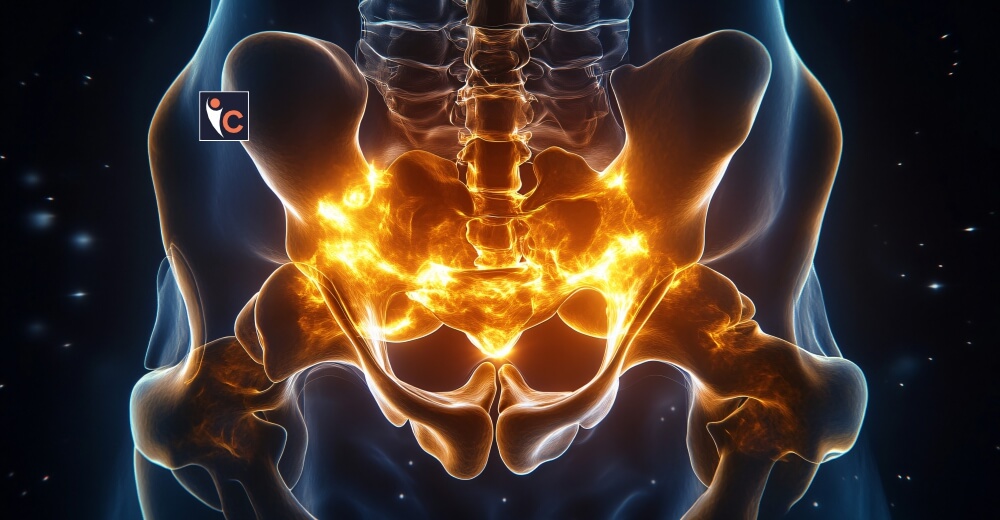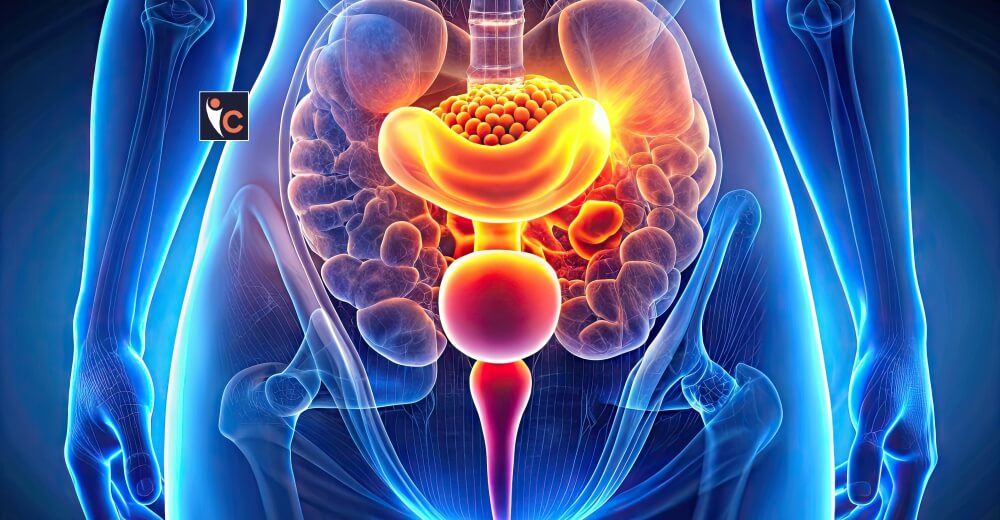Nourish to Flourish
Fertility diet basically plays a rich interaction between genetics, lifestyle, and nutritional factors. So many couples want to conceive focus solely on medical intervention or timing that they forget fertility diet can go a long way in increasing conception chances. Let’s look how a good fertility diet fosters an excellent environment for conception, well-being, and reproductive health in this paper.
Introduction to the Fertility Diet
A fertility diet offers all the nutrients needed to support healthy reproductive organs. Eating natural whole foods that deliver vitamins, minerals, antioxidants and healthy fats promotes healthy ovulation and hormone balance which helps couples get pregnant more effectively.
Your Fertility Diet Plan Requires These Specific Nutrients
- Whole Foods: We eat natural whole foods such as fresh produce, whole grain bread, lean protein items and healthy oils. They provide their own vitamins and minerals straight from nature.
- Healthy Fats: Your diet should include healthy fats that you find in avocados, olive oil, nuts and fatty fish. Your body’s hormone activity improves when you eat foods rich in omega-3 fatty acids.
- Protein Sources: Lean animal protein works best when you combine it with beans and legumes. Protein in a healthy dietary balance supports hormone production and keeps reproductive systems functioning well.
- Fruits and Vegetables: Plants of different shades represent essential nutrients your meals require. The antioxidants in these food options help decrease health problems from oxidative stress.
- Whole Grains: Replace your intake of processed grains with whole grain options. Eating foods with plenty of fiber like whole grain bread and brown rice maintains smooth blood sugar levels which supports proper hormone function.
- Dairy: Moderate dairy consumption helps women achieve pregnancy success. Research proves that consuming full-fat dairy products improves fertility better than low-fat dairy consumption.
Nutrition Impact on Fertility
- Weight Management: Your fertility needs you to stay at healthy weight levels. If your weight falls outside healthy ranges your body’s hormone patterns and egg release functions become unstable. Your fertility diet keeps you at your ideal weight by helping you eat nutritious foods that tame hunger while providing steady energy.
- Hormonal Balance: Your body uses nutrition to keep its hormones running smoothly. Your body needs zinc vitamin D and B vitamins to make hormones effectively. Having these foods in meals helps couples keep their reproductive system healthy.
- Blood Sugar Regulation: A diet heavy in refined carbs and sugar brings about insulin resistance which can create PCOS and fertility problems. A fertility diet promotes eating foods with low glycemic index to keep blood sugar steady.
- Antioxidants: Eating fruits and vegetables that show bright colors brings antioxidants into your system. These nutrients fight oxidative stress within our body systems. Stress can harm the quality of both sperm and eggs which reduces your ability to have children. Eating many foods rich in antioxidants helps both your reproductive organs and makes you more fertile.
Certain Nutrients Hold Special Importance
- Your body requires folic acid to form new DNA and divide cells. The body employs folic acid to safeguard against spinal cord defects during first weeks of pregnancy. Have sufficient salad greens, beans, and fortified cereal to fulfill your daily requirement for folic acid.
- Female fertility requires iron since it allows the ovaries to develop eggs correctly. Lean meats, beans, and spinach supply vital amounts of this mineral.
- Omega-3 Fatty Acids: Omega-3 fatty acids help decrease inflammation while taking part in hormone production. You can eat salmon and fatty fish together with flaxseeds and walnuts to get omega-3 fatty acids.
- Antioxidants: Studies show vitamins C and E serve as antioxidants that best help the reproductive system. You can get antioxidants and selenium from nuts, seeds, fruits, and vegetables.
A fertility diet needs lifestyle changes to help improve fertility chances
The primary purpose of a fertility diet remains nutrition yet making life changes enhances its effectiveness. Here are some actionable steps to consider:
- Regular Exercise: Take mild physical exercises as part of your daily activities. To support blood flow and ease stress you need 150 minutes of exercise weekly to stay fit and control your weight.
- Manage Stress: Stress in excess damages our ability to conceive. Practice yoga meditations and deep breathwork to make yourself calm and lower stress levels.
- Avoid Environmental Toxins: Keep away from environmental toxins specifically pesticides and plastics because they disrupt hormonal functioning. Buy organic products when you can while storing food in glass or stainless steel containers.
- Reducing caffeine and alcohol: Too much caffeine and alcohol use creates problems with getting pregnant. By decreasing your consumption of these substances you will enhance your reproductive health.
Conclusion
A fertility diet proves essential to both conception and overall fertility improvement. When you consume nutritious whole foods while balancing your weight and hormones you create optimal conditions for conception. With lifestyle change, including regular exercise, stress management, and a general approach to nutrition of the body to nourish for the mind so that it creates a successful framework for pregnancy: embrace the process of nourishment to thrive toward the realization of your dream and becoming a mother.










